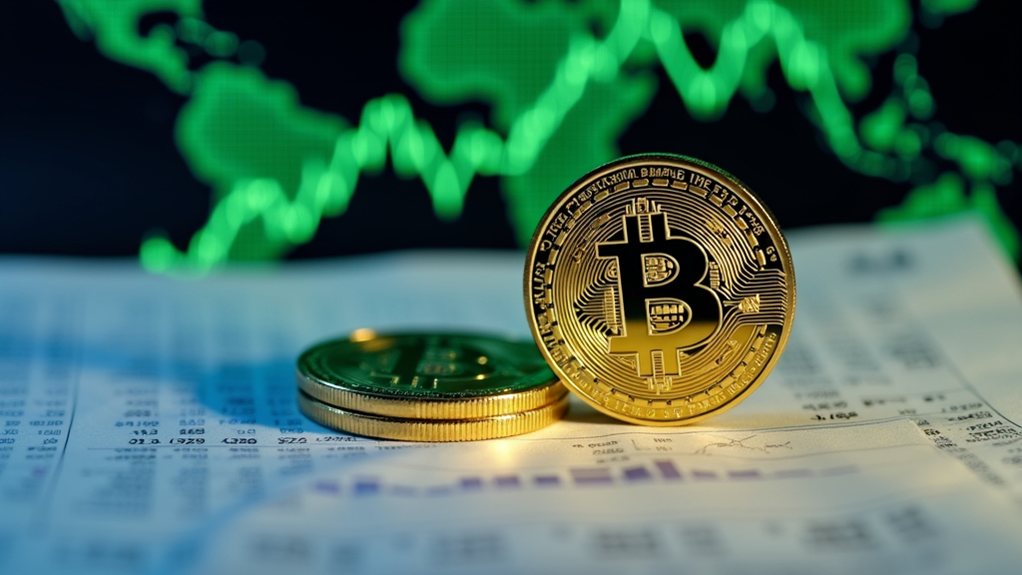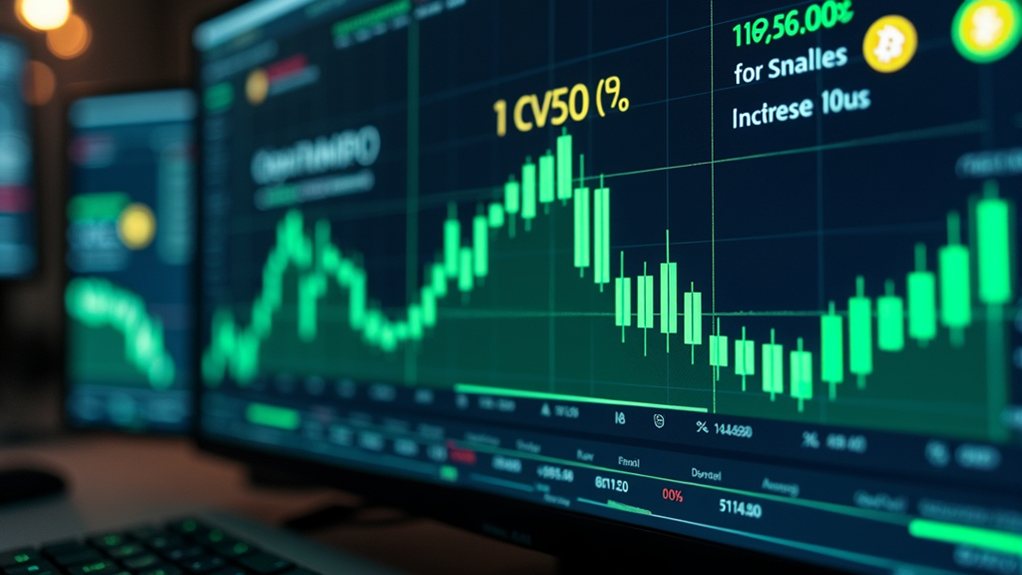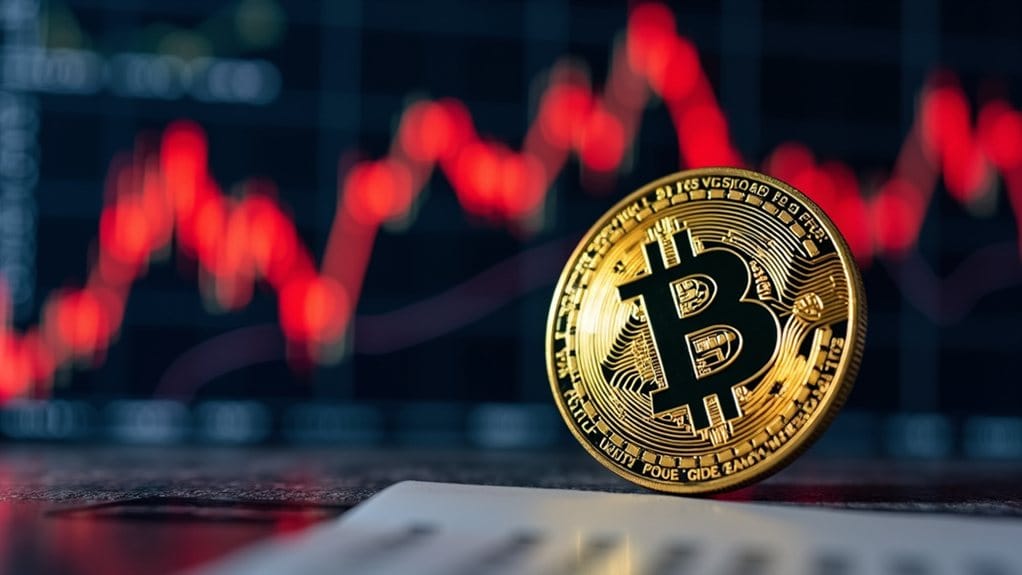The International Monetary Fund has officially recognized Bitcoin as a legitimate economic asset, marking a watershed moment in the cryptocurrency’s progression toward mainstream financial acceptance. According to the recently released Balance of Payments Manual (BPM7) on March 20, 2025, Bitcoin now holds classification as a non-produced, non-financial asset within the IMF’s global balance of payments framework, placing it firmly within the capital account for international economic calculations.
This groundbreaking reclassification, developed through extensive consultation with more than 160 countries, fundamentally alters how cryptocurrencies integrate into the global financial ecosystem. The announcement represents a significant shift in how digital assets are classified within international economic statistics.
The new framework provides clear distinctions between different digital assets, categorizing Bitcoin differently from stablecoins, which receive recognition as financial instruments due to their liability-backed nature. Cross-border Bitcoin transactions will now be recorded as acquisitions or disposals of non-produced assets in the capital account, providing greater transparency in international capital flows.
The IMF now distinguishes Bitcoin from stablecoins, integrating crypto transactions into global capital flows with unprecedented clarity.
Meanwhile, cryptocurrencies like Ethereum and Solana, which function with staking mechanisms, can be treated as equity-like assets for international investment purposes, with staking rewards potentially classified in the same manner as traditional equity dividends. This evolving perspective may influence Bitcoin’s market activity which continues to show volatility between $81,000 and $86,000.
This reclassification carries profound implications for regulatory compliance, taxation structures, and cross-border transactions involving digital assets. Income derived from cryptocurrency activities such as staking or yield farming may face reclassification as service production or equity dividends, notably affecting tax obligations for participants in these markets.
The standardization of reporting across countries aims to improve global data consistency, enhancing regulatory oversight while potentially harmonizing cryptocurrency regulations internationally. The regulatory landscape for cryptocurrencies has been particularly complex, with complete bans existing in several countries including Bangladesh, Nepal, and Algeria.
For the decentralized finance sector, this recognition represents both validation and challenge, as activities previously operating in regulatory gray areas now face clearer classification within traditional economic frameworks. Mining and staking are now recognized as legitimate service production, integrating these novel economic activities into conventional financial accounting structures.
The IMF’s decision reflects the growing economic relevance of digital assets globally, effectively acknowledging that cryptocurrencies have become too crucial to remain outside formal economic classification systems.









